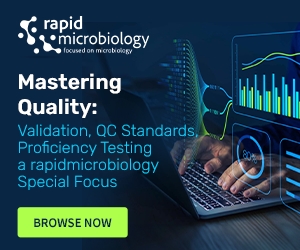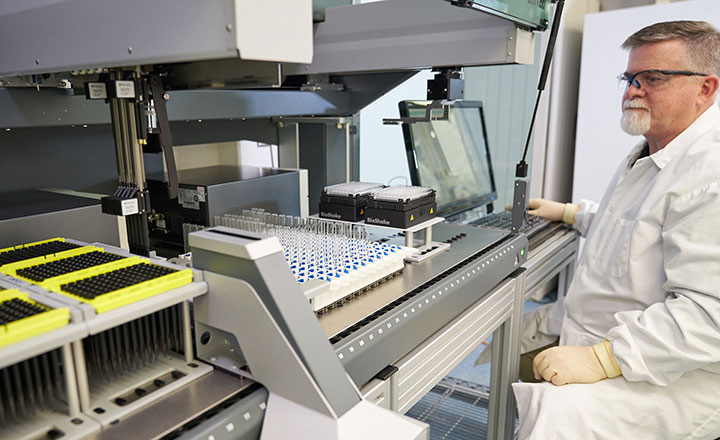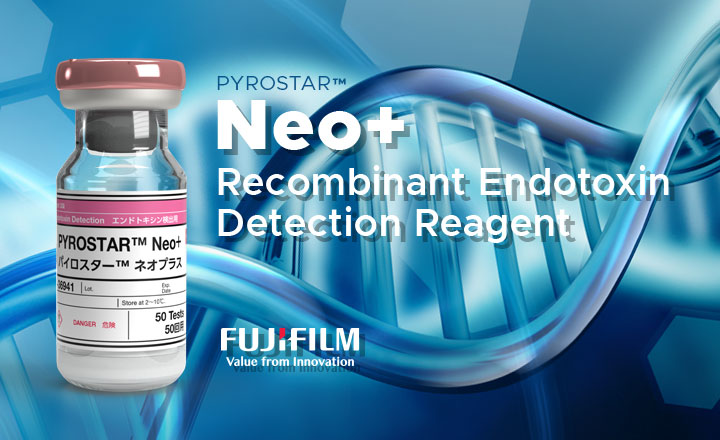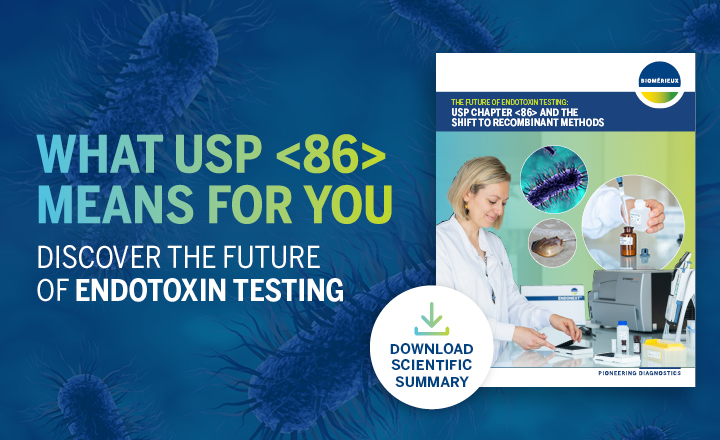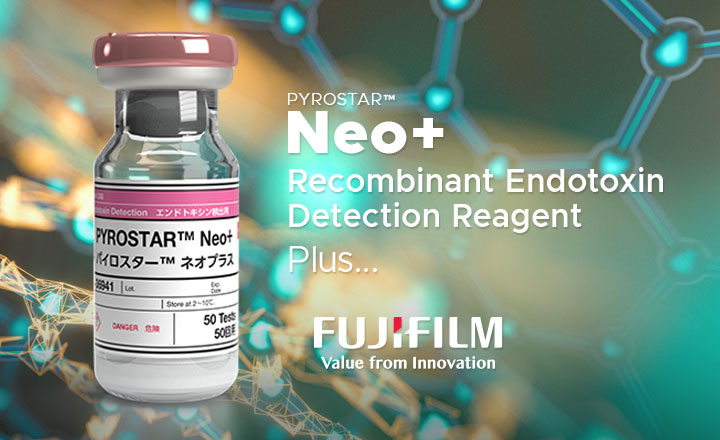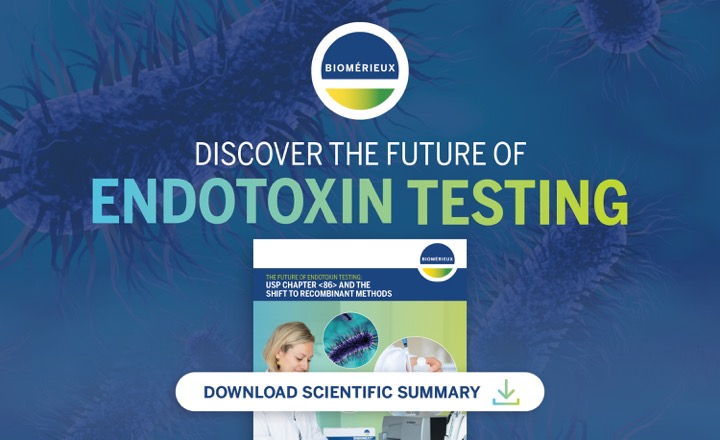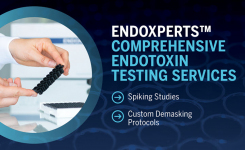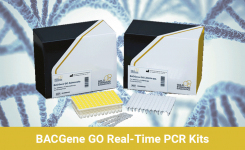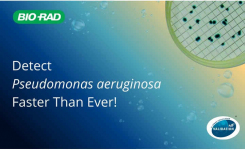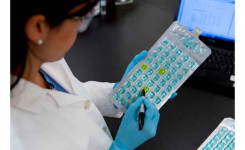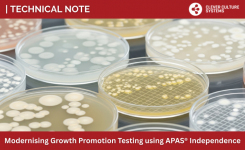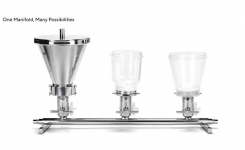The U.S. Pharmacopeia (USP) has published a Compendial Notice and Prospectus, reinforcing USP’s commitment to the introduction of recombinant Factor C (rFC) – a synthetic alternative to naturally sourced reagents derived from horseshoe crabs – into the official text of the USP-NF.
The announcement is the latest step to introduce more methods for detection of bacterial endotoxins, an important early step in the process for vaccine development and other injectable therapeutics.
USP is also making draft guidelines on rFC testing available for developers of COVID-19 vaccine and therapies as part of the Trust Accelerated program while continuing work on the development of a standalone compendial standard on this topic.
The program provides USP standards and access to USP scientists who are volunteering their technical expertise to support the quick development of novel vaccines, monoclonal therapies, antiviral and cell therapies, and convalescent plasma treatments being developed for the Covid-19 pandemic. This includes advising on the application of rFC-based test methods for these products.
As a synthetic reagent, rFC provides an alternative to Limulus amebocyte lysate (LAL) and Tachypleus amebocyte lysate (TAL) – reagents sourced from the blood of horseshoe crabs and used for endotoxin tests.
A primary benefit of the rFC reagent is improved consistency and sustainability. Variation is a common feature among all animal-sourced products. The consistency of a synthetic can make manufacturing and testing processes easier to control, and because rFC can be made in unlimited quantities, it is more sustainable.
The addition of rFC to the pharmacopeia is in keeping with USP’s commitment to seeking alternatives to animal-based products wherever possible. Other examples where USP has promoted alternatives to animal-based products include:
- Insulin test – introduced cell-based assay to measure bioactivity, as an alternative to animal-based assays.
- Somatropin growth hormone – introduced cell-based and chromatographic assays to measure activity, as an alternative to animal-based assays.
In 2018, the FDA approved the first drug that used an endotoxin test based on the recombinant Factor C (rFC) reagent. This opened the door for wider adoption of the rFC test method. In September 2019, the USP Microbiology Expert Committee proposed the inclusion of recombinant factors for endotoxin testing in an existing chapter of the USP-NF that is harmonized across Europe, Japan and the U.S. ( Bacterial Endotoxins).
Based on stakeholder comments and in accordance with USP’s public process for standards development, the Expert Committee decided to cancel the proposal of a revised chapter with all the endotoxin assays in the same chapter.
The new guidelines for the rFC reagent will now be proposed as a standalone chapter in the USP-NF, rather than combined with the other endotoxin tests. Given the regulatory landscape in the U.S., this could help facilitate broader adoption by manufacturers.
Note: This content has been edited by a rapidmicrobiology staff writer for style and content.





